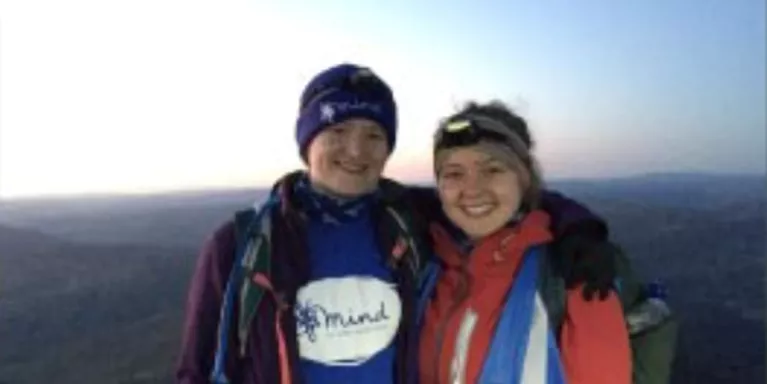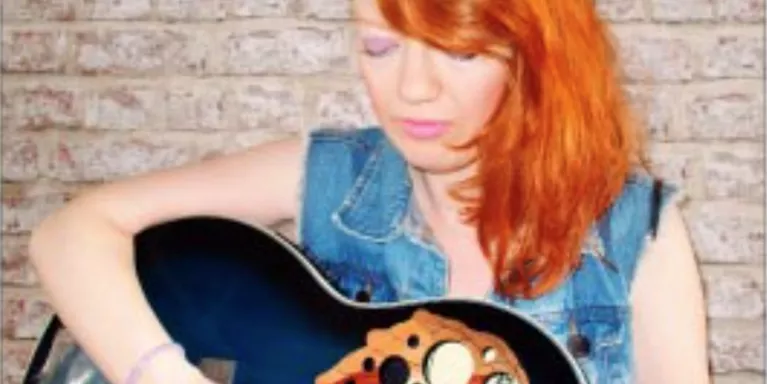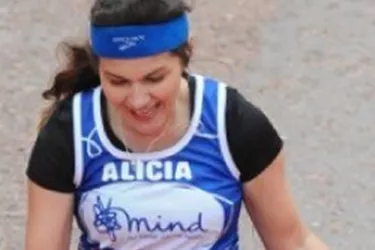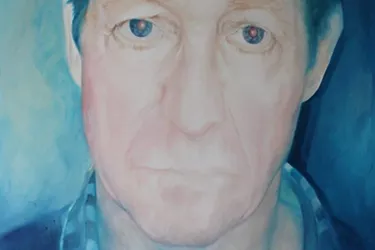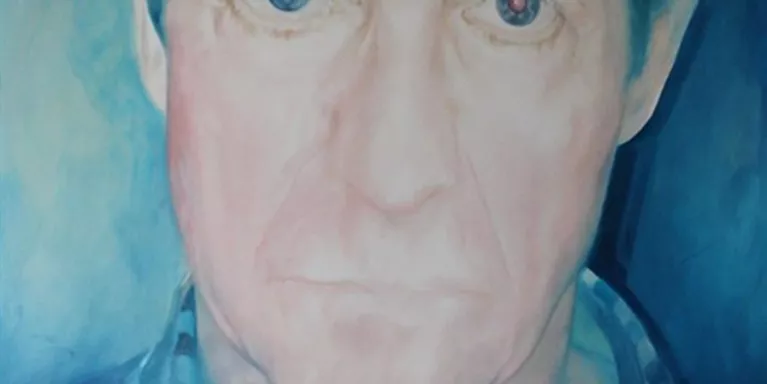Mental health in my community
When Luli's brother was diagnosed with depression, she decided to learn more about it and this lead to working with her community to create a photography blog.
Last summer my older brother was diagnosed with depression. At the time, we as a family were unprepared for how this would affect him, and us, as we all struggled to cope.
Prior to being diagnosed, my brother had become a bit of a recluse, was drinking heavily, and avoided spending time with us.
"Mental health isn’t something that we talked about as a family, and it became clear that he was suffering in silence."
Shortly after being diagnosed, he was prescribed anti-depressants, which at first seemed to make everything better. He seemed more alert, happy, and had a positive outlook on life. I remember feeling a sense of overwhelming relief.
We all looked forward to our family holiday abroad that summer, and the opportunity to spend some quality time together. But once we got there, it became clear that he was still drinking whilst taking the medication. His behaviour became more erratic and aggressive, and he was spiralling out of control.
He was very confrontational and said the most awful things to us. He was incapable of sitting still and I remember one point during a conversation, he was shaking uncontrollably. He would threaten us with suicide and say that he wanted to die; it was an extremely distressing time.
"I remember looking at him and thinking that this wasn’t my brother, the illness had turned him into someone else."
His behaviour worsened after we came back from holiday and culminated in a failed suicide attempt. At this point, we as a family desperately sought help, we contacted his G.P and arranged for him to be seen by his doctor, I then started doing some research into his condition. I wanted to understand what he was going through.
I felt so helpless, he was struggling and at this point had almost lost everything; his job, his girlfriend and was on the brink of losing his home. I started to feel a deep sadness within me, not only because of his condition, but also because I couldn’t do anything meaningful to help him. I was also terrified that he would eventually end up taking his own life.
I started reading up on mental health and tried to find cases that I could relate to. I was particularly keen to learn about the experience of young black men in the UK dealing with mental health issues and I was shocked at how little I could find. Then I watched a BBC documentary about this very topic.
"It was a real eye opener, and got me thinking about what I could do to help him and others going through the same thing."
I wanted to understand depression better, and to encourage others to as well. I decided to create an online space for people from backgrounds similar to mine, who have suffered from depression. By giving them a platform to share their personal experiences, I hope to help remove the stigma within the black community about talking about mental health.
I started by reaching out to some friends who very bravely agreed to share their stories, and as I posted more interviews, more people reached out to me, saying how this resonates with them and has given them the confidence to talk more openly about their experiences.
My experience with this project has taught me that depression is very common and is different for everyone. Now more than ever, I feel strongly that it’s something that needs to be spoken about more, and I’m committed to doing all I can to help. My brother is still fighting his battle with depression. He has good days and bad days, but we as his family will always be there, supporting him every step of the way.
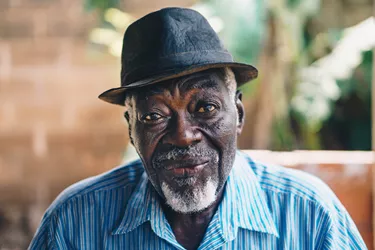

Information and support
When you’re living with a mental health problem, or supporting someone who is, having access to the right information - about a condition, treatment options, or practical issues - is vital. Visit our information pages to find out more.
Share your story with others
Blogs and stories can show that people with mental health problems are cared about, understood and listened to. We can use it to challenge the status quo and change attitudes.











